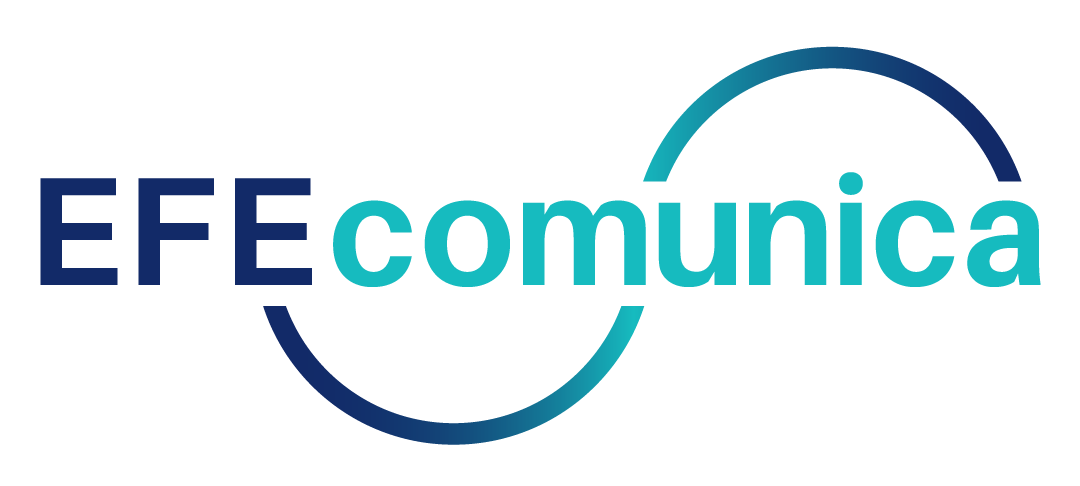Istanbul (Turkey), Apr 26 (EFE).- Students from Spain have won awards for their innovative projects with artificial intelligence (AI) and their work in the field of telecommunications by the technology company Huawei, which recognised them as the future of digital transformation and among “the brightest minds in Europe.”
Students from the University of Alicante and the Ribera de Castilla High School in the city of Valladolid won several awards in the Huawei Information and Communication Technology Competition, which promotes innovation and attracts young talent to the field, at a ceremony held in Istanbul, Turkey.
The competition, which began in 2015 and in collaboration with Unesco, has attracted more than 160,000 students from 2,000 universities in 83 countries around the world this year.
The students from Valladolid (Alejandro Álvarez, Carla López and Matthiew Brako), led by their professor Julio Alberto Hernández, won an award in the Innovation category for an AI tool capable of early detection of red fire ant nests.
With 88 nests spread over 5 hectares in the Italian city of Siracusa, the invasive species has made its first foray into Europe and its potential spread across the continent poses environmental and health hazards.
“We want to express that vocational training can go further, not only for starting work but also to conduct research,” Hernández told EFE, as the only winners in Europe from a secondary education institution in a competition in which the majority of contestants are from universities.
Hernández said that several companies have already contacted the young students to apply the methodology to other types of invasive species, such as the Asian wasp, and others that threaten the Spanish countryside.
“I am thrilled by what these students have achieved and with the hope that they will be able to travel to China for the final and demonstrate that we can provide a service to the world from (the Spanish Region of) Castilla y León”, the teacher said.
After the European regional awards, in which more than 700 students from 22 countries and more than 100 European universities participated, some of the winning teams will participate in the world final of the competition in Shenzhen (China) in May.


Network Track Award
The University of Alicante (David Romero, Iván Montiel and Rafael Mesa) and their teacher Julio Jornet were awarded in this European phase of the competition in the Network Track category, in which young people face different exams and practical tests to solve the configuration of equipment that provides internet service.
The university received the Outstanding Academy award, among the different Huawei academies in Europe, in recognition of their work over 10 years to develop talent with practical skills in the digital industry using Huawei’s ICT technologies, and which already has more than 200 students with these certifications.
In addition, Julio Alberto Hernández and Pedro Roig Roig won the award for best instructors, a recognition that, as Roig told EFE, is based on promoting “teamwork” in the field of technology and communications.
The president of Huawei Europe, Jim Lu, said that the company – which employs more than 13,000 people in Europe – will continue to contribute to the digitisation of the Old Continent and will train “100,000 people over the next five years to develop their potential,” at a ceremony that also featured, among others, the director general of Youth of the Turkish Ministry of Youth and Sports, Enes Efendioglu, and the coordinator of the Unesco Global Skills Academy, Soledad Patiño. EFE

